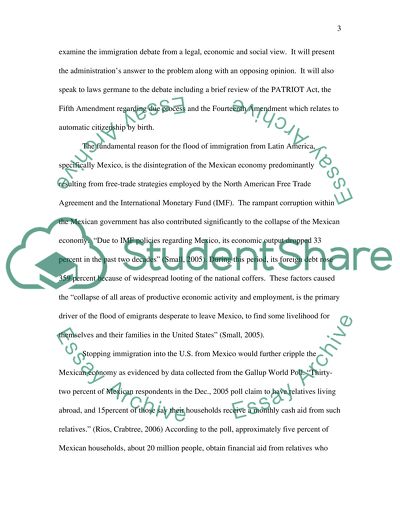Cite this document
(“Anthrolpology - Illegal Immigration and the Mexican people (research Essay”, n.d.)
Anthrolpology - Illegal Immigration and the Mexican people (research Essay. Retrieved from https://studentshare.org/miscellaneous/1550642-anthrolpology-illegal-immigration-and-the-mexican-people-research-paper
Anthrolpology - Illegal Immigration and the Mexican people (research Essay. Retrieved from https://studentshare.org/miscellaneous/1550642-anthrolpology-illegal-immigration-and-the-mexican-people-research-paper
(Anthrolpology - Illegal Immigration and the Mexican People (research Essay)
Anthrolpology - Illegal Immigration and the Mexican People (research Essay. https://studentshare.org/miscellaneous/1550642-anthrolpology-illegal-immigration-and-the-mexican-people-research-paper.
Anthrolpology - Illegal Immigration and the Mexican People (research Essay. https://studentshare.org/miscellaneous/1550642-anthrolpology-illegal-immigration-and-the-mexican-people-research-paper.
“Anthrolpology - Illegal Immigration and the Mexican People (research Essay”, n.d. https://studentshare.org/miscellaneous/1550642-anthrolpology-illegal-immigration-and-the-mexican-people-research-paper.


